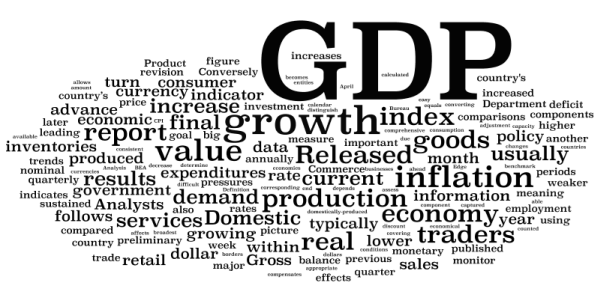
As we start to crank up for the publicity drive for our new book, The Breakthrough Challenge: 10 Ways to Connect Today’s Profits With Tomorrow’s Bottom Line (John Elkington & Jochen Zeitz, Jossey-Bass, San Francisco, September 2014), our antennae are increasingly sensitive to news indicating that our agenda is engaging.
Given that one of the key arguments in the book is that we need to change not only accounting but also capitalism’s master discipline of economics, it was interesting to see the front page story in today’s Financial Times, headlined ‘China puts quality of life ahead of GDP.’
The FT concludes that the move, “which follows a directive issued by top leaders last year, is among the first concrete signs of China switching its blind pursuit of economic growth at all costs towards measures that encourage better quality of life.”
The logic behind the move is interesting. As the FT reports, “Analysts say that adherence to GDP as a performance metric – thus linking it to local officials’ promotion – has contributed to environmental degradation and urban sprawl as officials encouraged heavy industry and bulldozed agricultural land to build housing developments.” Among others, the FT quotes Xie Yaxuan, head of macroeconomic analysis at China Merchants Securities in Shenzhen. His view: “Using GDP as the main assessment method has caused a lot of problems, like unequal income distribution, problems with the social welfare system and environmental costs.”
The initiatives spotlighted largely relate to smaller cities and counties, and the FT notes that larger cities and regions are still riddled with patronage and other forms of corruption (a subject the paper also covers, this time with a full-page story on page 7). But big things can grow from small seeds – and major breakthroughs often start with Aha! moments that most people would ignore.

Leave a Reply